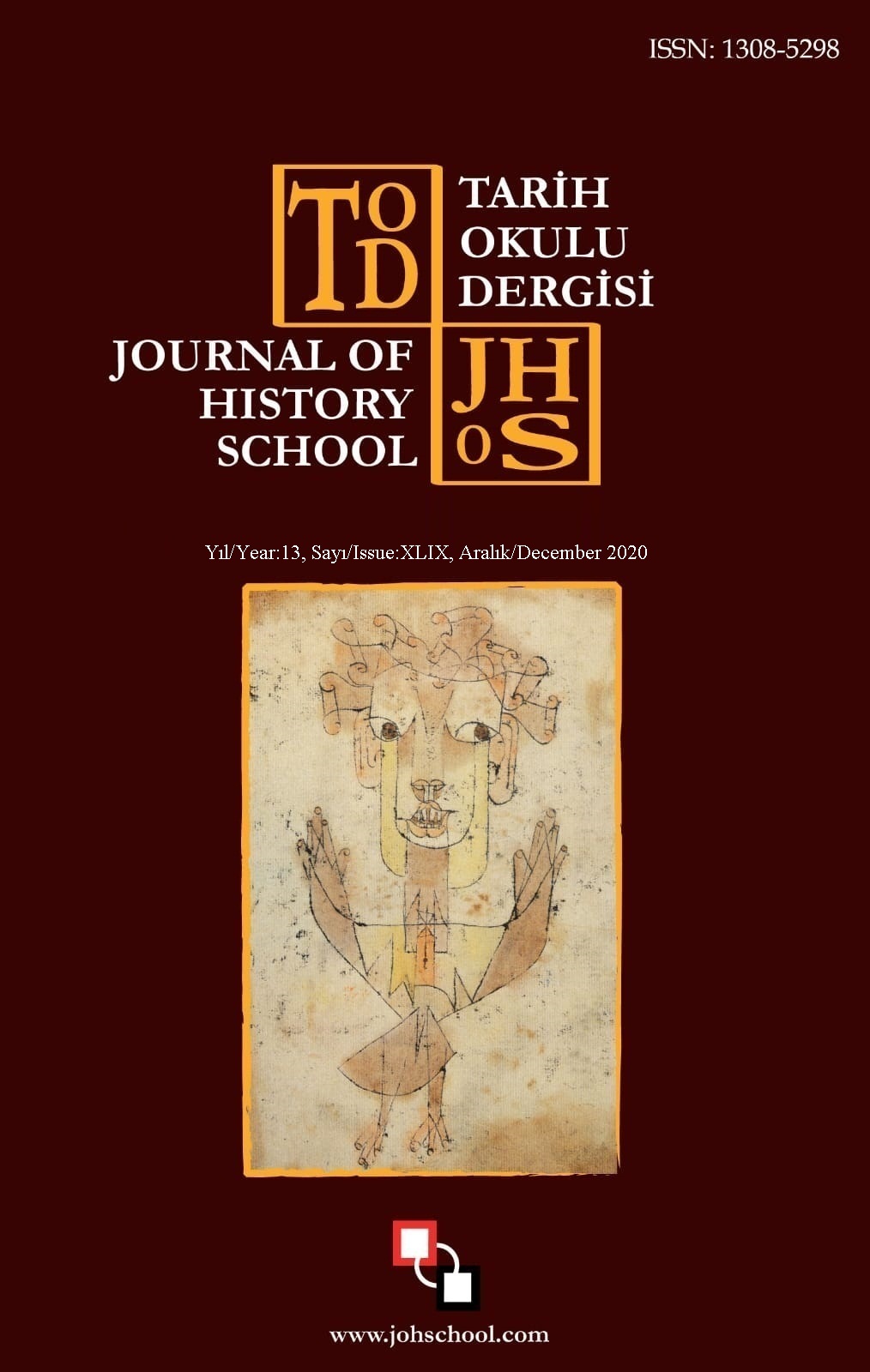Author :
Abstract
Osmanlı ekonomisinin kapitalizm öncesi bir yapıdan kapitalist bir yapıya geçememe sebebi üzerinde başta iktisat tarihçileri olmak üzere sosyal bilimciler arasında mutabakat bulunmamaktadır. Konuyla ilgili muhtelif argümanlar ileri sürülmektedir. Bunlar arasında zihniyetin belirleyiciliği ve dolayısıyla tasavvufun etkilerinden bahsetmek mümkündür. Tasavvufun iktisadi faaliyetlere etkisi kapitalizm öncesi üretim örgütlenmesi olan zanaat yapıları kanalıyla ortaya çıkmıştır. Anadolu coğrafyasında tarihsel gelişim içinde bu kanalın ilk tezahürü Ahilik olmuştur. Bu çalışmada Osmanlı Devleti öncesi dönemde Anadolu Ahilik’i incelenmiştir. Çalışma, ünlü seyyah İbn Battûta’nın Anadolu şehirlerindeki Ahilik ve ahilere dair anlattıklarıyla sınırlandırılmıştır. Çalışmada, Ülgener’in ortaya koyduğu görüşlerin ahiler için de geçerli olup olmadığı incelenmiştir. İbn Battûta’ya yönelik Ahiler’in misafirperverliklerini Ülgener’in “ağalık şuuru” kavramı bağlamında değerlendirmek mümkündür. Bu kimselerin misafirperverlikleri gerçekten inanç değerleriyle ilgili mi bilemiyoruz fakat ülkelerinin ticaret ve yaşamak için uygun olduğuna dair seyyah kanalıyla bir nevi reklamlarını yapmış olduklarını kabul etmek mümkündür. Seyyaha verdikleri hediyeler bu kapsamda değerlendirilmelidir.
Keywords
Abstract
There is no consensus among social scientists, especially economic historians on the reason why the Ottoman economy could not transform from a pre-capitalism structure to a capitalist one. Various arguments are being put forward on the subject. Among these, it is possible to talk about the determinism of the mindset and therefore the effects of Sufism. The influence of Sufism on economic activities emerged through the craft structures that were pre-capitalism production organization. The first manifestation of this channel in the historical development of Anatolian geography was Akhism. In this study, Anatolian Akhism was examined in the pre-Ottoman period. The work was limited to the stories of the famous traveller Ibn Battuta about Akhism and akhis in Anatolian cities. The study examined whether Ulgener's views also apply to akhis. It is possible to evaluate the hospitality of akhis towards Ibn Battuta in the context of Ulgener's concept of “agha consciousness”. We do not know if the hospitality of these people was really related to the values of faith, but it is possible to admit that they had made some kind of advertisement through the traveller that their country was suitable for trade and living. The gifts they gave to the traveller should be considered in this context.





